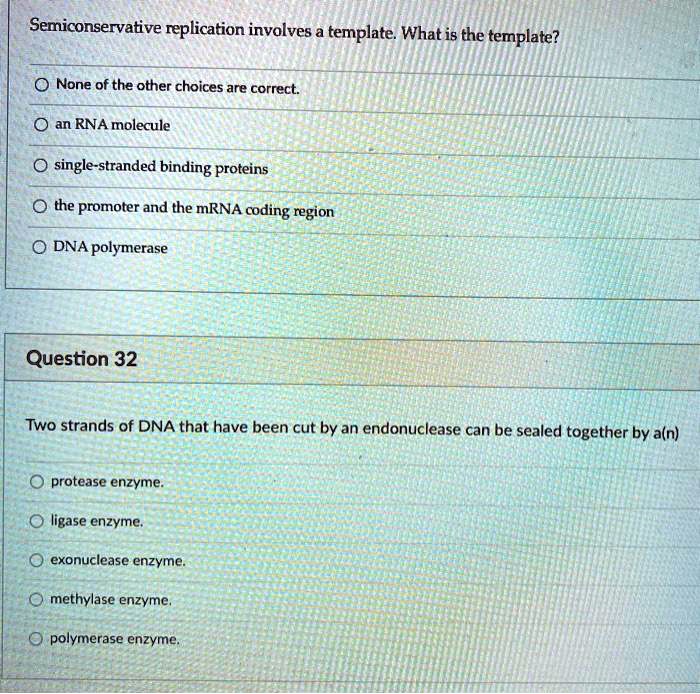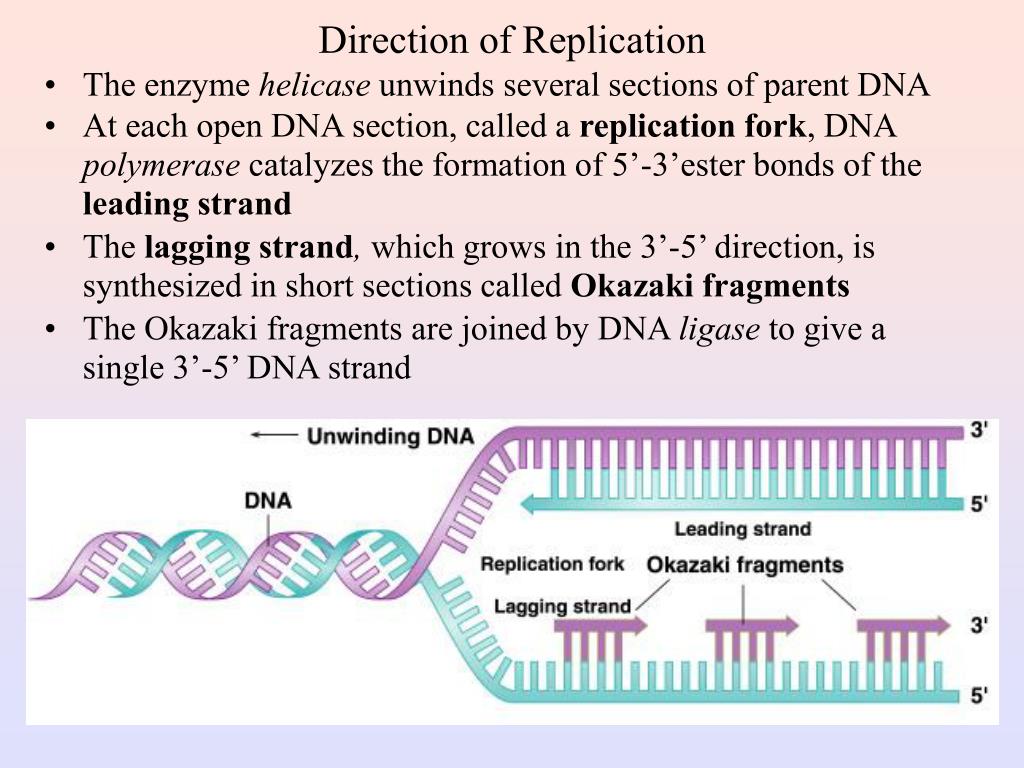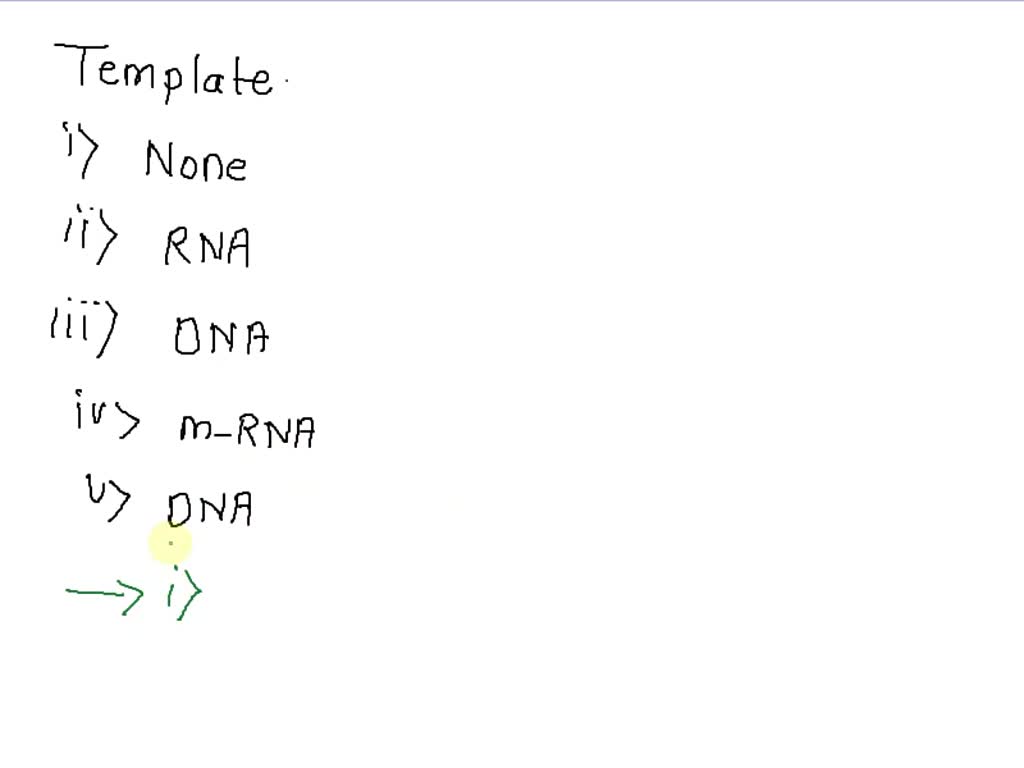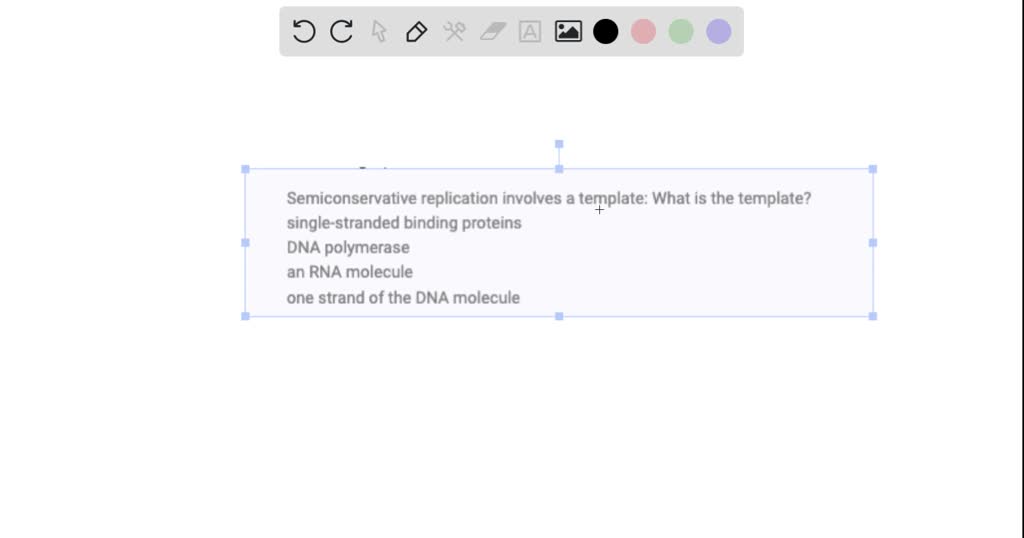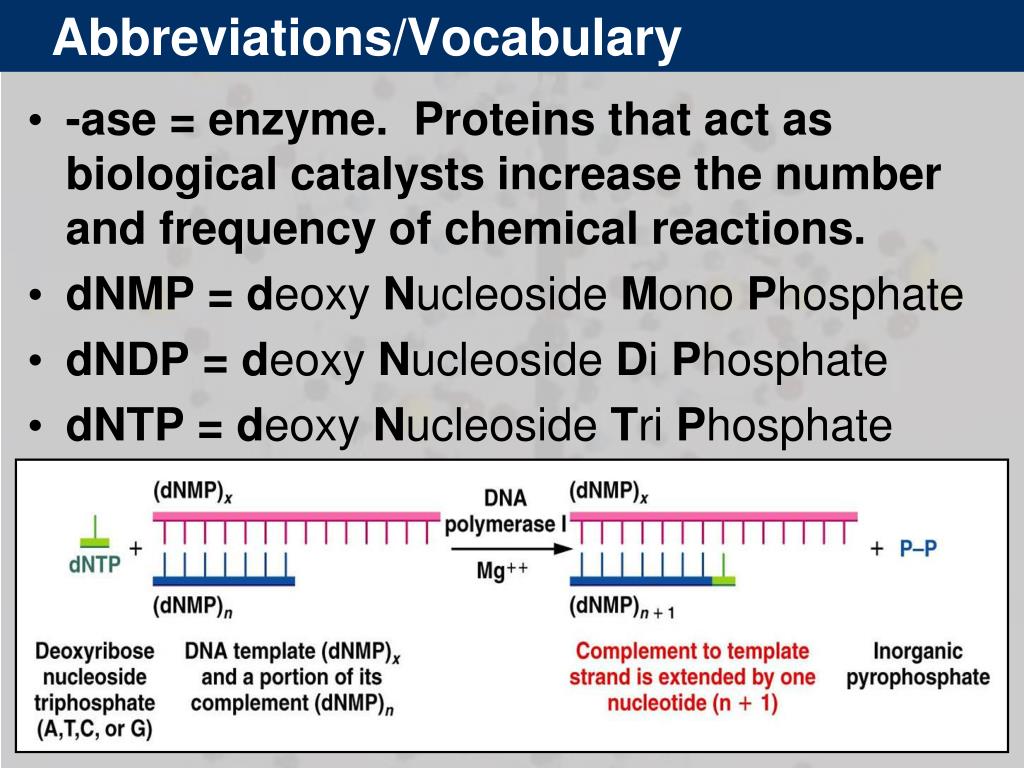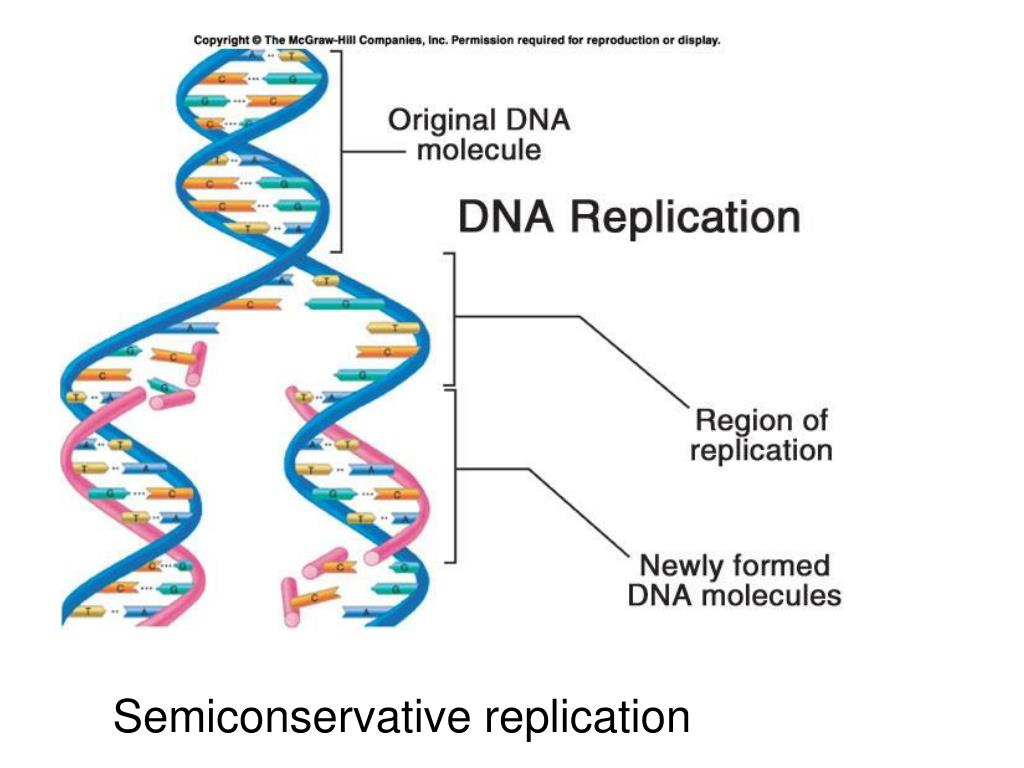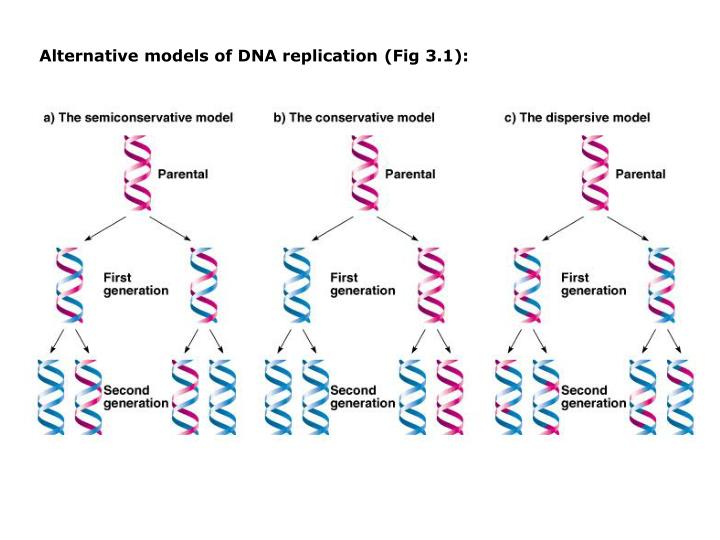Semiconservative Replication Involves A Template What Is The Template - Semiconservative replication is a fundamental process in cell biology that describes how dna is duplicated prior to cell division. In the process of semiconservative replication, one strand of the dna molecule acts as the template. Semiconservative replication involves a template. Semiconservative replication is a process of dna replication in which the two strands of the parent dna molecule separate, and each serves as a. During this replication process, various enzymes. In semiconservative replication, the template referred to is each of the two parental dna strands. This process begins with the. Dna contains the template needed to copy itself, but as you learned in chapter 4, it has no catalytic activity. What catalyzes the formation of.
In semiconservative replication, the template referred to is each of the two parental dna strands. Semiconservative replication is a process of dna replication in which the two strands of the parent dna molecule separate, and each serves as a. Dna contains the template needed to copy itself, but as you learned in chapter 4, it has no catalytic activity. During this replication process, various enzymes. This process begins with the. In the process of semiconservative replication, one strand of the dna molecule acts as the template. Semiconservative replication involves a template. What catalyzes the formation of. Semiconservative replication is a fundamental process in cell biology that describes how dna is duplicated prior to cell division.
This process begins with the. In semiconservative replication, the template referred to is each of the two parental dna strands. Semiconservative replication is a process of dna replication in which the two strands of the parent dna molecule separate, and each serves as a. In the process of semiconservative replication, one strand of the dna molecule acts as the template. During this replication process, various enzymes. Semiconservative replication is a fundamental process in cell biology that describes how dna is duplicated prior to cell division. What catalyzes the formation of. Dna contains the template needed to copy itself, but as you learned in chapter 4, it has no catalytic activity. Semiconservative replication involves a template.
SOLVED Semiconservative replication involves a template. What is the
In semiconservative replication, the template referred to is each of the two parental dna strands. Semiconservative replication is a fundamental process in cell biology that describes how dna is duplicated prior to cell division. This process begins with the. Dna contains the template needed to copy itself, but as you learned in chapter 4, it has no catalytic activity. During.
Semiconservative Replication Involves A Template. What Is The Template
During this replication process, various enzymes. In semiconservative replication, the template referred to is each of the two parental dna strands. Semiconservative replication is a process of dna replication in which the two strands of the parent dna molecule separate, and each serves as a. Dna contains the template needed to copy itself, but as you learned in chapter 4,.
Semiconservative Replication Involves A Template. What Is The Template
Semiconservative replication is a process of dna replication in which the two strands of the parent dna molecule separate, and each serves as a. What catalyzes the formation of. In semiconservative replication, the template referred to is each of the two parental dna strands. Semiconservative replication involves a template. Semiconservative replication is a fundamental process in cell biology that describes.
Semiconservative Replication Involves A Template. What Is The Template
Semiconservative replication involves a template. Semiconservative replication is a fundamental process in cell biology that describes how dna is duplicated prior to cell division. In semiconservative replication, the template referred to is each of the two parental dna strands. Semiconservative replication is a process of dna replication in which the two strands of the parent dna molecule separate, and each.
Semiconservative Replication Involves A Template. What Is The Template
In the process of semiconservative replication, one strand of the dna molecule acts as the template. What catalyzes the formation of. Dna contains the template needed to copy itself, but as you learned in chapter 4, it has no catalytic activity. In semiconservative replication, the template referred to is each of the two parental dna strands. Semiconservative replication is a.
SOLVED Semiconservative replication involves a template What is the
Semiconservative replication is a process of dna replication in which the two strands of the parent dna molecule separate, and each serves as a. Semiconservative replication involves a template. What catalyzes the formation of. Dna contains the template needed to copy itself, but as you learned in chapter 4, it has no catalytic activity. This process begins with the.
Semiconservative Replication Involves A Template What Is The Template
Dna contains the template needed to copy itself, but as you learned in chapter 4, it has no catalytic activity. During this replication process, various enzymes. This process begins with the. Semiconservative replication is a process of dna replication in which the two strands of the parent dna molecule separate, and each serves as a. Semiconservative replication is a fundamental.
Semiconservative Replication Involves A Template. What Is The Template
Semiconservative replication is a fundamental process in cell biology that describes how dna is duplicated prior to cell division. Dna contains the template needed to copy itself, but as you learned in chapter 4, it has no catalytic activity. Semiconservative replication involves a template. Semiconservative replication is a process of dna replication in which the two strands of the parent.
Semiconservative Replication Involves A Template. What Is The Template
Semiconservative replication involves a template. During this replication process, various enzymes. This process begins with the. Semiconservative replication is a process of dna replication in which the two strands of the parent dna molecule separate, and each serves as a. What catalyzes the formation of.
Semiconservative Replication Involves A Template. What Is The Template
Semiconservative replication involves a template. This process begins with the. In semiconservative replication, the template referred to is each of the two parental dna strands. During this replication process, various enzymes. What catalyzes the formation of.
In The Process Of Semiconservative Replication, One Strand Of The Dna Molecule Acts As The Template.
In semiconservative replication, the template referred to is each of the two parental dna strands. Semiconservative replication is a fundamental process in cell biology that describes how dna is duplicated prior to cell division. Semiconservative replication is a process of dna replication in which the two strands of the parent dna molecule separate, and each serves as a. What catalyzes the formation of.
This Process Begins With The.
Semiconservative replication involves a template. During this replication process, various enzymes. Dna contains the template needed to copy itself, but as you learned in chapter 4, it has no catalytic activity.
